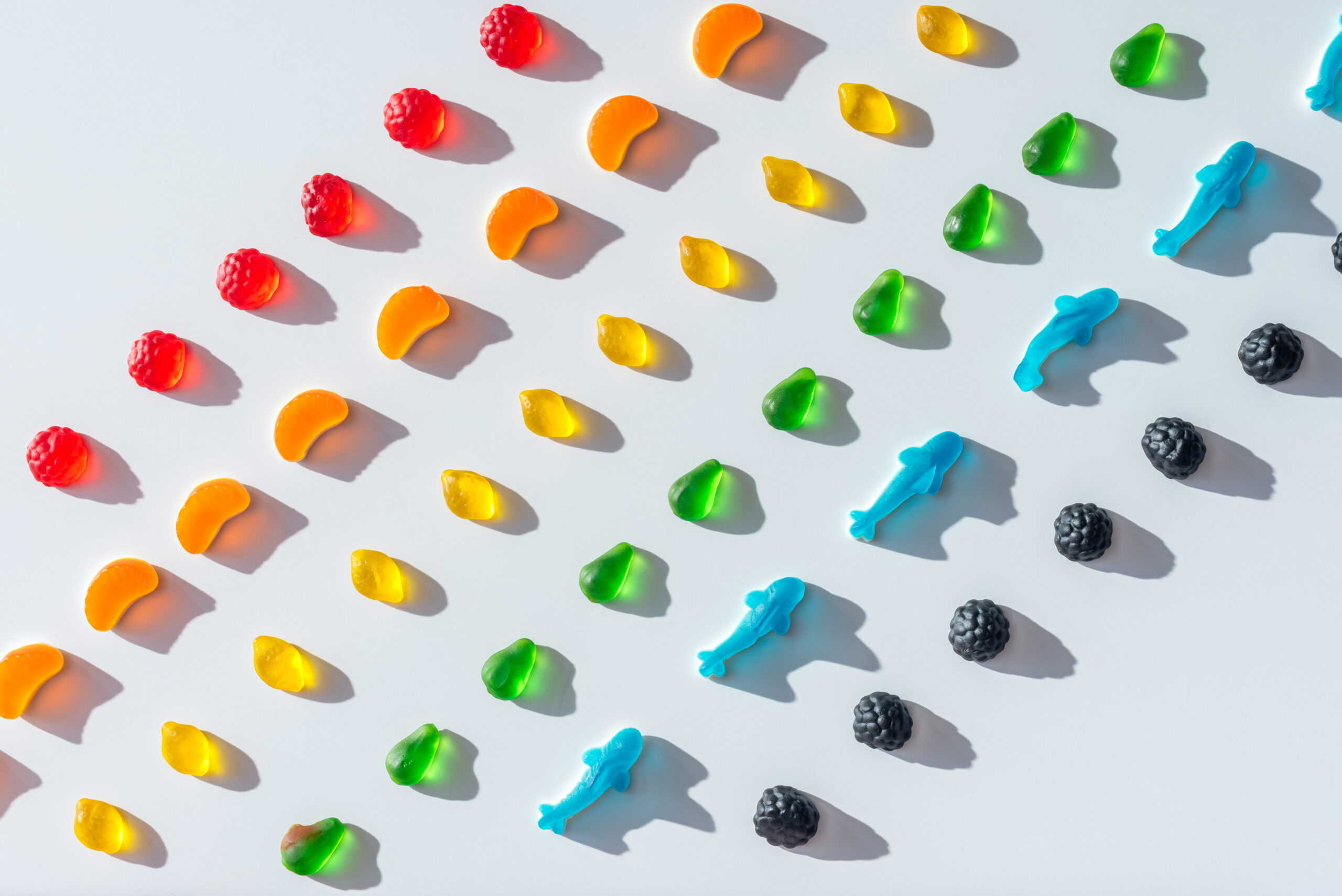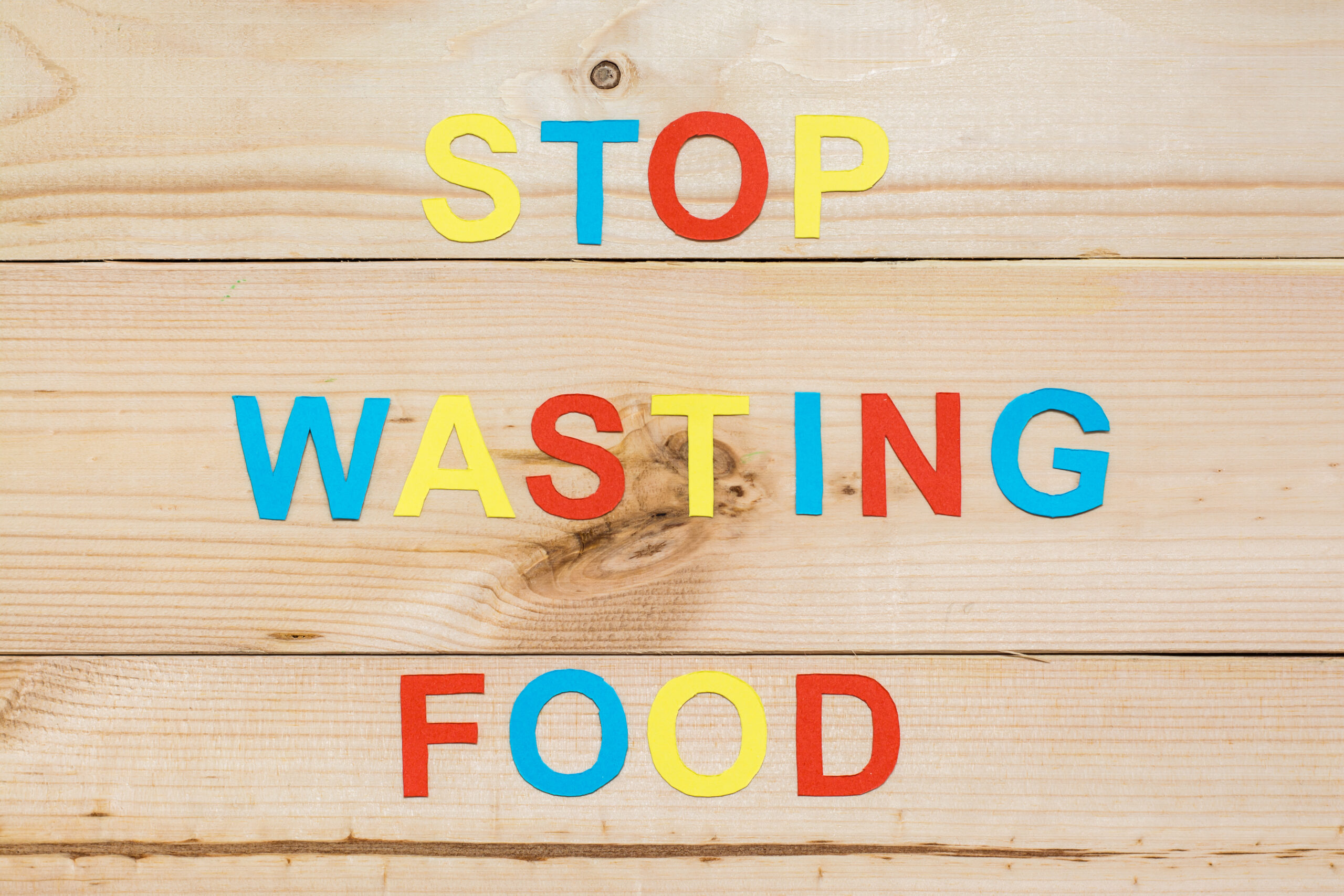Consumers are becoming more environmentally-conscious, leading to preferences in products that are sustainable and do not pose a threat to the environment. In order to cater to that trend, the world’s largest fast-food chain, McDonalds, is investing in sustainable packaging for their iconic food and beverage products.
The company has pledged to use 100 percent sustainable packaging in all of their fast food chains around the world. They want to achieve this goal to have renewable, recyclable or Forest Stewardship Council certified packaging for all their products by the year 2025. They have also set a goal to recycle all their packaging themselves by the same year.
This new initiative complements a previous goal made by McDonald’s to have all of their fibre-based packaging made from 100 percent recycled or certified sources. In 2015, the fast-food giant was able to reach this goal for European franchises.
“As the world’s largest restaurant company, we have a responsibility to use our scale for good to make changes that will have a meaningful impact across the globe,” said Francesca DeBiase, chief supply chain and sustainability officer at McDonald’s. “Our customers have told us that packaging waste is the top environmental issue they would like us to address. Our ambition is to make changes our customers want and to use less packaging, sourced responsibly and designed to be taken care of after use, working at and beyond our restaurants to increase recycling and help create cleaner communities.”
The franchise plans on working with local governments, environmental groups and industry experts to improve their packaging and recycling efforts. Half of McDonald’s product packaging already comes from renewable, recycled or certified sources. Over half (64%) of their fiber-based packaging is also made from certified or recycled sources. However, only ten percent of restaurants globally offer recycling bins for customers to use.
“We look forward to doing more and continuing to raise the bar on what it means to be a responsible company committed to people and the planet,” said DeBiase.
As people are becoming more aware of environmental stressors, it is a good business move for food manufacturers to invest in sustainability in all aspects of the manufacturing process. Packaging plays a key part in this category because it is the first point of contact that a consumer has with a product. By demonstrating environmental consciousness, food companies will be able to connect with consumers and appear more genuine.
Consumers are becoming more environmentally-conscious, leading to preferences in products that are sustainable and do not pose a threat to the environment. In order to cater to that trend, the world’s largest fast-food chain, McDonalds, is investing in sustainable packaging for their iconic food and beverage products.
The company has pledged to use 100 percent sustainable packaging in all of their fast food chains around the world. They want to achieve this goal to have renewable, recyclable or Forest Stewardship Council certified packaging for all their products by the year 2025. They have also set a goal to recycle all their packaging themselves by the same year.
This new initiative complements a previous goal made by McDonald’s to have all of their fibre-based packaging made from 100 percent recycled or certified sources. In 2015, the fast-food giant was able to reach this goal for European franchises.
“As the world’s largest restaurant company, we have a responsibility to use our scale for good to make changes that will have a meaningful impact across the globe,” said Francesca DeBiase, chief supply chain and sustainability officer at McDonald’s. “Our customers have told us that packaging waste is the top environmental issue they would like us to address. Our ambition is to make changes our customers want and to use less packaging, sourced responsibly and designed to be taken care of after use, working at and beyond our restaurants to increase recycling and help create cleaner communities.”
The franchise plans on working with local governments, environmental groups and industry experts to improve their packaging and recycling efforts. Half of McDonald’s product packaging already comes from renewable, recycled or certified sources. Over half (64%) of their fiber-based packaging is also made from certified or recycled sources. However, only ten percent of restaurants globally offer recycling bins for customers to use.
“We look forward to doing more and continuing to raise the bar on what it means to be a responsible company committed to people and the planet,” said DeBiase.
As people are becoming more aware of environmental stressors, it is a good business move for food manufacturers to invest in sustainability in all aspects of the manufacturing process. Packaging plays a key part in this category because it is the first point of contact that a consumer has with a product. By demonstrating environmental consciousness, food companies will be able to connect with consumers and appear more genuine.












Join or login to leave a comment
JOIN LOGIN